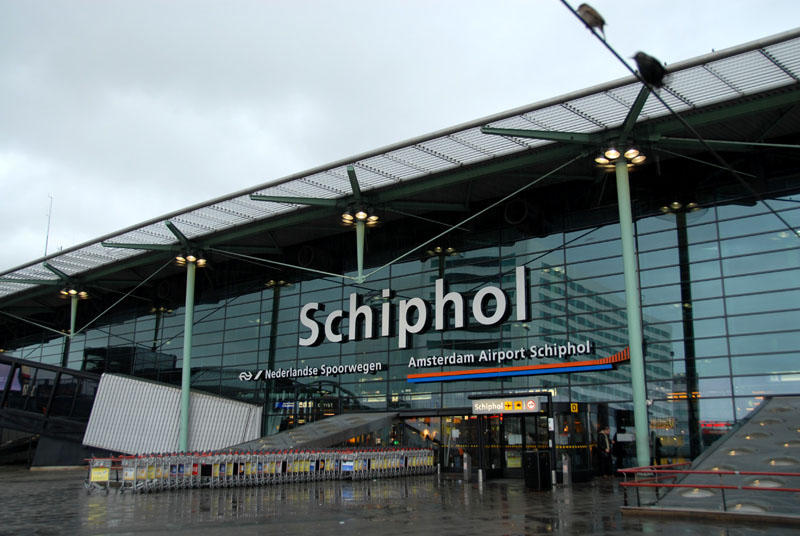
In a ruling on Friday, the Amsterdam Court of Appeal overturned a previous decision and granted the Dutch government the authority to significantly decrease the number of flight movements
at Schiphol Airport to mitigate noise disturbances in the surrounding area. The Dutch State will be able to reduce flights by 40,000 per year, resulting in an annual total of 460,000.
The new ruling allows the government to proceed with its plans for the 2023-2024 travel season, with an additional 20,000 flights to be cut the following year. Airport authorities and passenger airlines had argued that they were not given sufficient notice and were not given the opportunity to propose their own solutions.
The Appeals Court highlighted the government's improper actions since 2015, when it turned a blind eye to noise limit violations that had been ongoing for eight years. The court stated that the airlines are not entitled to maintain "the illegal situation that the State tolerated" without any changes.
In April, a lower court ruled that the government's two proposals did not comply with national and European laws. The first proposal aimed to more strictly enforce noise limit violations based on the use of various runways, while the second proposal involved a one-year experiment with different noise reduction rules and their combinations.
"The proposed measures will partially determine the number of permitted air transport movements to and from Schiphol. A statutory maximum only applies to night flights," stated the Court, summarizing the government's position. The lower court believed that the Dutch State should have followed a "balanced approach" procedure based on the European Noise Ordinance to assess the operational impact. However, the Appeals Court stated that the balanced approach only needs to be applied to more permanent measures.
Since the government's proposals are considered "temporary and short-term experiments in preparation for potential future adjustments to the applicable noise regulations," the Appeals Court concluded that the European rule does not apply.
The coalition agreement forming Prime Minister Mark Rutte's third and fourth Cabinets emphasized the need to reduce nuisances and improve the quality of life around the airport in terms of noise pollution and air quality. The agreement aimed to strike a better balance between the interests of Schiphol Airport, stakeholders including airlines, and the local residents. As a result, the maximum number of flight movements was set below 500,000, ultimately settling on 460,000.
The Dutch State owns 70% of the Royal Schiphol Group and 9.3% of the Air France - KLM Group, which includes major airlines operating at Schiphol such as KLM and Transavia.
Schiphol Airport has already announced plans to eliminate all overnight flights by the end of 2025 and will explore the possibility of achieving this goal by the end of 2024. This decision will prohibit commercial passenger and cargo flights from departing between midnight and 6 a.m., as well as non-emergency landings between midnight and 5 a.m. This measure alone will result in the elimination of approximately 10,000 flights annually.
Transavia, which follows a business model of maximizing aircraft utilization, and EasyJet, the third-largest airline at Schiphol, using a similar model, may be the most affected by this ruling.
In addition, by discontinuing most private passenger flights, approximately 17,000 more flights could be eliminated at Schiphol, with exceptions expected for police helicopters, medical team helicopters, and the Coast Guard. Photo by User:SElefant, Wikimedia commons.



































